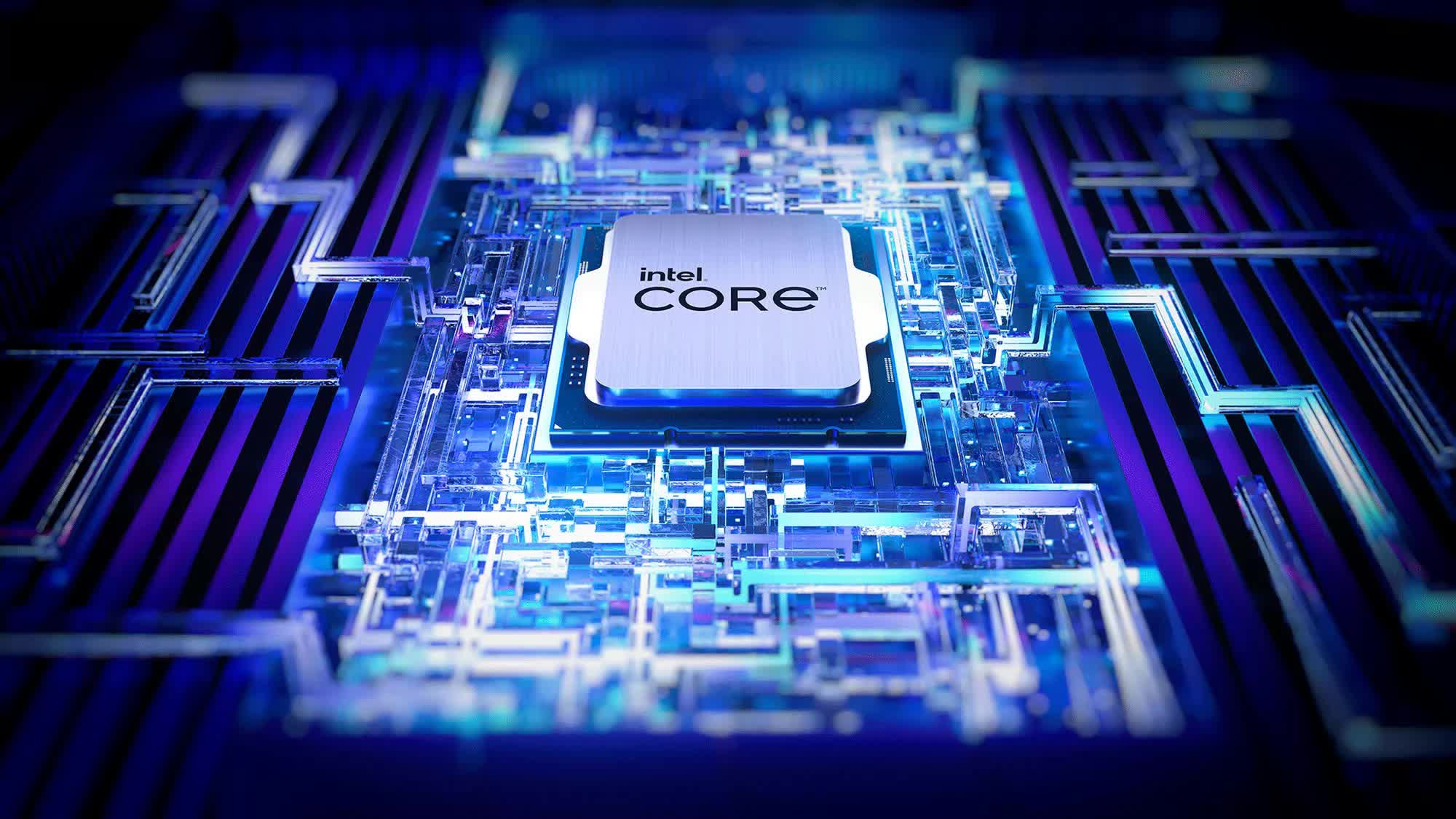Posts: 486 +9
The big picture: Intel has finally identified all the underlying culprits behind the instability issues plaguing its 13th- and 14th-gen processors. While the company previously recognized the root cause, it did not provide a comprehensive analysis. Now, alongside the results of its lengthy investigation, Intel is also rolling out a second microcode update to hopefully put these issues to bed once and for all.

The root of the problem, as Intel explains, lies in a clock tree circuit within the IA core itself that becomes prone to failure when subjected to high voltage and temperature conditions. This failure causes a shift in the clock duty cycle, which then manifests as system instability.
Intel zeroed in on four key operating scenarios that were triggering this. First is the motherboard power delivery exceeding Intel's guidance, providing the chips with too much voltage. The solution for this is applying Intel's Default Settings, which the company recommended back in June.

There's also an issue with the eTVB microcode algorithm that allows the CPUs to boost into high-performance states even at high temperatures. The SVID microcode algorithm requesting higher voltages at certain frequencies/durations than the silicon could handle was also singled out as a trigger. The final culprit is the microcode and BIOS requesting elevated voltages during idle/light workloads.
The mitigations are being rolled into a new 0x12B microcode update that encompasses previous 0x125 and 0x129 patches. 0x125 addressed the eTVB algorithm issue, while 0x129 tackled the high voltage requests. 0x12B builds on those by enforcing stricter voltage control during idle and/or light activity periods.
Motherboard makers are now working to integrate 0x12B via upcoming BIOS updates, according to Intel. The rollout could take weeks.
It's important to note that this microcode can only prevent the Vmin shift instability from occurring and cannot fix CPUs that are already affected by the issue. Those will need to be replaced by Intel under the warranty extension program (let us know if they refuse). Once swapped for a fresh chip, installing the latest microcode update becomes crucial to avoid a repeat situation.
Intel assures that there will be no significant performance impact from the 0x12B patch. The company also reiterated that its mobile CPUs and upcoming Lunar Lake and Arrow Lake desktop parts are unaffected by this flaw.
Intel (hopefully) concludes Raptor Lake instability saga with a final microcode update
